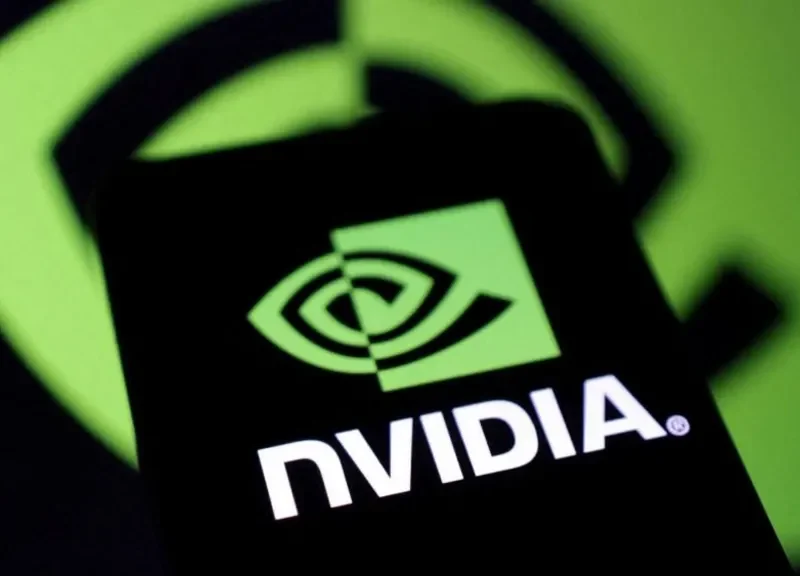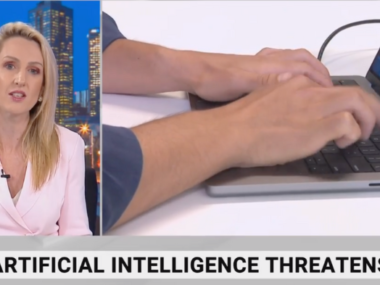Nvidia announced a significant increase in its first-quarter revenue, with chip sales jumping over 69% compared to the same time in 2024.
The company’s advanced chips are key drivers of the current AI surge.
Despite this, Nvidia’s stock—along with other chipmakers—dropped in April after former President Donald Trump proposed new tariffs and stricter export controls.
Analysts believe the latest strong financial results have helped calm tariff-related fears, especially as a federal court has temporarily blocked the proposed measures. Nvidia’s shares rose more than 5% in pre-market trading on Thursday after outperforming Wall Street projections.
AJ Bell investment director Russ Mould praised the company’s continued growth despite external challenges, noting that the favorable court ruling and Nvidia’s optimistic outlook contributed to a wider market uplift.
CEO Jensen Huang highlighted the robust global appetite for Nvidia’s AI infrastructure and predicted an increase in demand for AI computing.
Although Washington restricted sales of Nvidia’s China-targeted “H20” chips in April—causing a fall in demand and leading to a $4.5 billion charge—the impact was less severe than the initially forecasted $5.5 billion.
Analyst Dan Ives described the earnings and guidance as a major boost for both Nvidia and the broader tech sector, following an intense tariff standoff.
Nvidia was the final major player to release earnings in what has been a strong quarter for tech companies, many of which have seen their shares rise sharply.
US Plans
Global trade policy shifts have become a major factor in Nvidia’s outlook.
The company stated that new tariffs and export controls have made its supply chain more complex and expensive—and warned that these challenges could persist. To mitigate this, Nvidia plans to expand manufacturing operations within the United States.
CEO Jensen Huang recently criticized U.S. restrictions on exporting advanced chips to China, calling them a “failure” that harms American businesses. These rules aim to prevent Chinese companies with potential military links from accessing cutting-edge technology.
According to the Financial Times, former President Trump has also moved to ban U.S. chip software suppliers from selling to Chinese semiconductor firms—reportedly to hinder China’s ability to develop chips that rival Nvidia’s.
Analyst Jacob Bourne from Emarketer noted that these China-related export limits highlight the intense geopolitical pressures Nvidia faces. He added that maintaining the company’s leadership will require skillfully managing a mix of geopolitical, economic, and competitive hurdles.
Despite these challenges, Nvidia has found new opportunities, particularly in the Gulf region. Earlier this month, Huang joined Trump on a visit to the Middle East, where Nvidia agreed to deliver hundreds of thousands of AI chips to Saudi Arabia.
Huang emphasized that governments worldwide now view AI as critical infrastructure—on par with the internet or electricity—and positioned Nvidia as a central player in this transformation.
Meanwhile, Nvidia’s data center segment, a core part of its business, recorded a 73% year-over-year growth.











